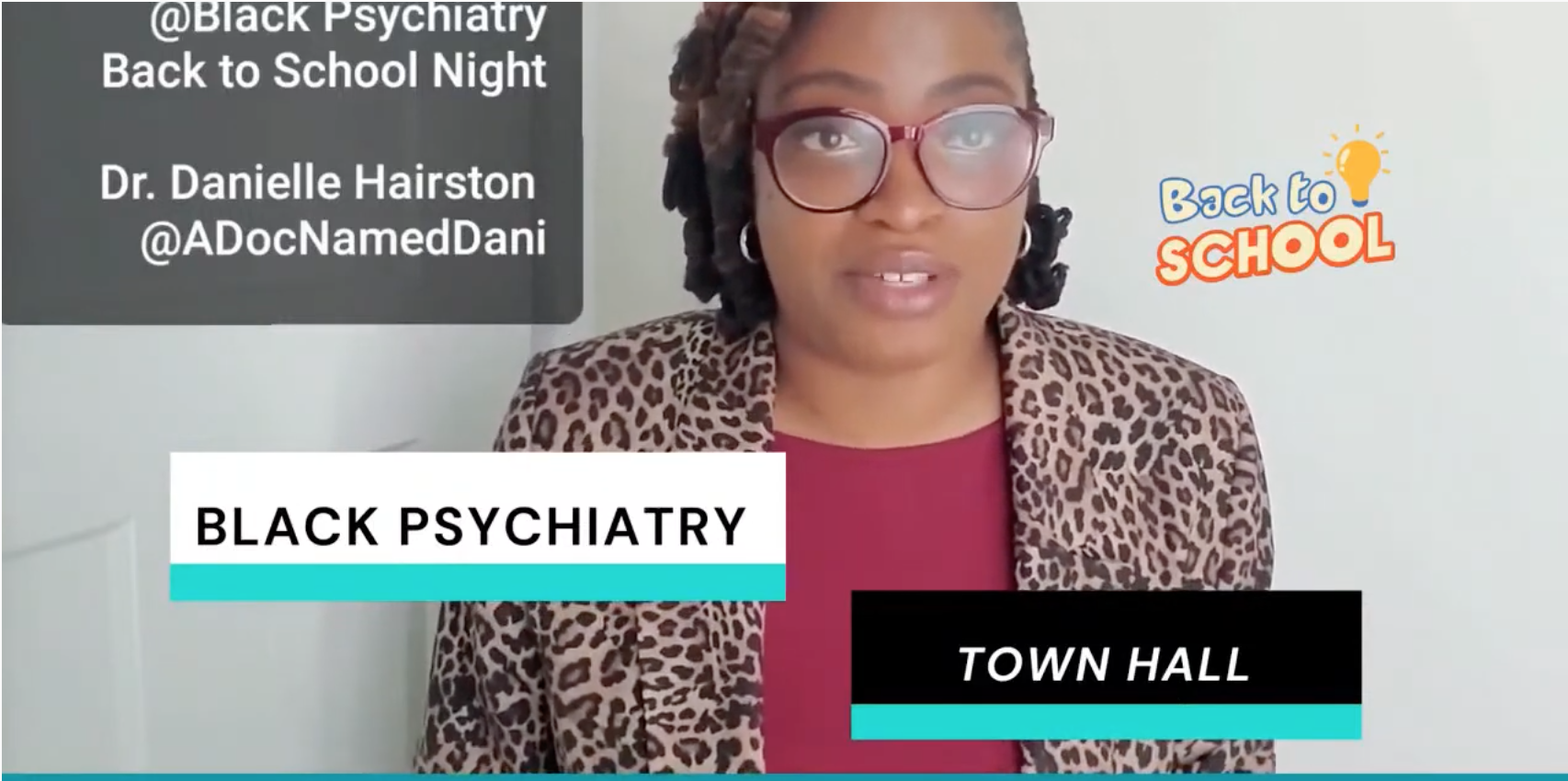Historically, the mental health system has never been readily accessible, culturally responsive, or a reliable source of effective interventions for vulnerable, at-risk populations. While marginalized groups plagued by failing systems (housing, education, etc.) face greater risks of developing mental illnesses, the individuals within these populations are cycled through the criminal justice system at alarming rates.
The United States criminal justice system, whose incarceration rates have increased by more than 500% in the last 40 years, has a lackluster approach to addressing issues of mental illness. This, in turn, warrants serious consequences that result in the mass incarceration and criminalization of a declassed group.
In an article published in Psychiatric Clinic: Achieving Mental Health Equity, Two Systems, One Population: Achieving Equity in Mental Healthcare for Criminal Justice and Marginalized Populations, five subject matter experts, including Lorio Forensics consultants, Dr. Sarah Vinson, Dr. Courtney McMickens, and Dr. Nicole Jackson, breakdown the following:
The interplay of mental health and criminal justice inequities;
The historical context for the prevailing extant approaches to correctional mental health treatment;
And programmatic approaches to addressing these inequities.
Overall, mental illness affects society’s most vulnerable, “including but not limited to, people of color, lesbian, gay, bisexual, transgender, queer (LGBTQ+) populations, and the poor,” in a unique way. Although these groups are impacted by deeply-rooted systemic issues, making them more susceptible to traumatic exposures, they lack the ability to gain access to proper health care. Because of this, the authors of Two Systems, One Population argue that these disadvantaged peoples are likely to be placed in the criminal justice system because they are:
Highly visible to law enforcement because they are overrepresented among homeless populations;
More likely to be arrested for the same behavior and tend to stay in jail and prison longer and less likely to be approved for parole or probation;
And more likely to be re-arrested, particularly those with co-occurring illnesses.
Rectifying a multilayered issue of this enormity requires a response that begins a fundamental understanding of mass incarceration’s impact on mental health. This basic knowledge should foundational for all public sector mental health professionals. Outside of clinical settings, advocacy efforts and intersystem collaboration are imperative.
According to the authors of the article in question, patient-centered care and the medical ethics principle of justice insist mental health providers are “aware of criminal justice system inequities but are also actively working within and across systems to eliminate them.”
Click here to purchase and view this full article.
Contributing Authors
Sarah Y. Vinson, MD, corresponding author
Associate Professor of Psychiatry and Pediatrics, Morehouse School of Medicine
Principal Consultant, Lorio Forensics
Timothy T. Coffey, MS
Project Coordinator, Eleventh Judicial Circuit of Florida, Criminal Mental Health Project
Nicole Jackson, DSW
Forensic Mental Health Consultant, Lorio Forensics
Courtney L. McMickens, MD, MPH, MHS
Forensic Mental Health Consultant, Lorio Forensics
Brian McGregor, PhD
Associate Dir. of Research, Kennedy Satcher Center for Mental Health Equity, Satcher Health Leadership Institute
Assistant Professor of Psychiatry
Morehouse School of Medicine
Steven Leifman, JD
Associative Administrative Judge, Miami-Dade County Court Eleventh Judicial Circuit of Florida

